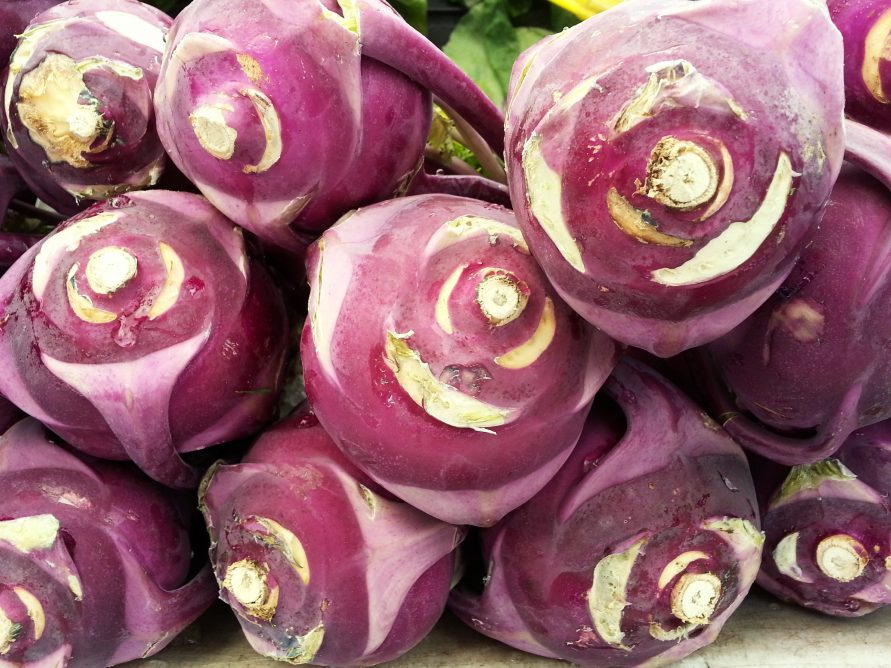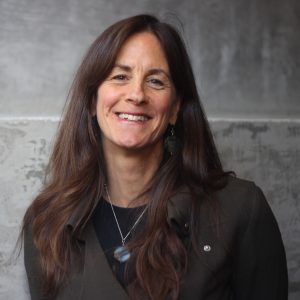The website Conspicuous Consumption leads off with a definition:
Conspicuous consumption is a term introduced by the Norwegian-American economist and sociologist Thorstein Veblen in his book “The Theory of the Leisure Class” published in 1899. The term refers to consumers who buy expensive items to display wealth and income rather than to cover the real needs of the consumer. A flashy consumer uses such behavior to maintain or gain higher social status. Most classes have a flashy consumer affect and influence over other classes, seeking to emulate the behavior. The result, according to Veblen, is a society characterized by wasted time and money.
We may wholeheartedly, and perhaps ashamedly, agree with Veblen’s point; however, it may be wise for us to explore the term more deeply before we deem ‘conspicuous consumption’ to be fundamentally bad. As is our habit in the Sustainable Design program, let’s apply systems thinking and biomimicry thinking and look at this term from nature’s standpoint.
Ecosystems thrive when all participating organisms act relentlessly in their own self-interest. This is because by doing do, organisms transform nutrients, create niches, and perform myriad functions that are crucial to the survival of others. This is how food webs work. In nature, consumption is a key component of ecosystem functionality and survival.
If you are a gardener, you are well aware of this and encourage not only consumption, but conspicuous consumption. You encourage worms and soil microbes to consume compost and other detritus, to transform these materials into rich organic matter, humus, and plant-available nutrients, and to maintain soil tilth. You apply fertilizers and water, perhaps pray for copious warmth and sunshine, and encourage your beloved plants to conspicuously consume so as to produce the biggest, most flavorful, most nutritious fruits and vegetables. When the time comes, and if you are lucky, you celebrate by conspicuously consuming your harvest, perhaps encouraging your friends and family to do the same. If we all conspicuously consumed like this, wouldn’t the result be a society characterized by health, wholeness, wellness, appreciation, sharing, and joy?
What’s the point? If our goal is to design a sustainable world, we need to be more thoughtful about the terms we use and the many things that we have deemed fundamentally bad. We need to explore more deeply what we really mean by our stand-by catch phrases, the assumptions that may be hidden behind our good intentions, and whether or not there are alternative perspectives.
This is hard to do, and does not come naturally to most, so in the MA in Sustainable Design program, we teach our students to be systems thinkers and biomimicry thinkers, life-cycle-analysts and business-case-makers, collaborators and leaders, explorers and communicators. They learn to ask the big questions, look to nature for answers, and design a more sustainable world.
Curious? Join our next FREE informational webinar!
This post was modified by a post on the BCI blog page.
Image courtesy of the author.

